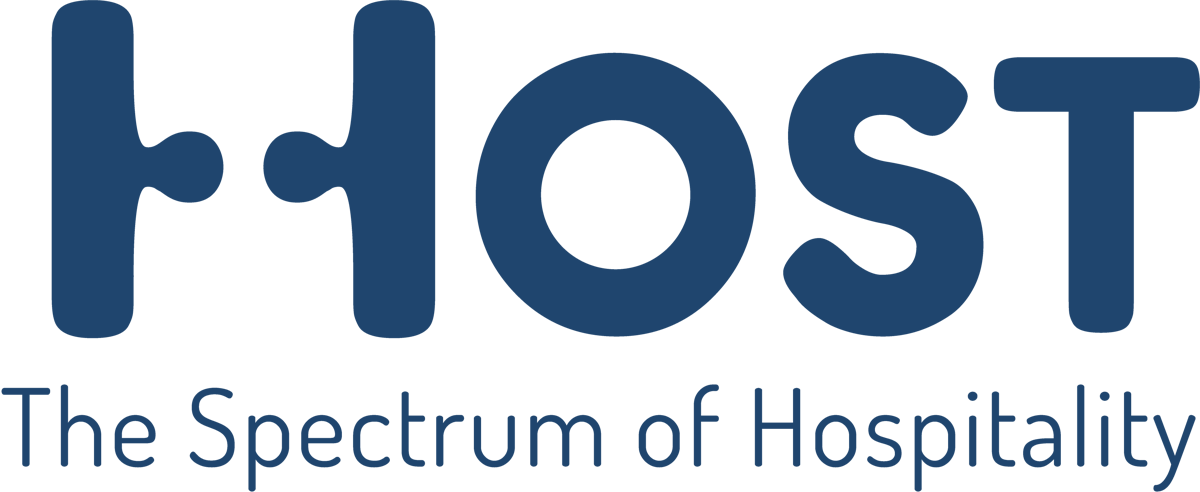Time to entrust autistic persons at hotel jobs?

By Polys Kallis, Kallis Filoxeniaki
At the moment, very few autistic people are employed, even though many want to be. One reason for this might be that nonautistic people focus on things that autistic people find difficult, and ignore things that autistic people can do well.
It is therefor, important to make people more aware of strengths that autistic people have, and make sure that they are valued by the managers and employers, helping them to find jobs that they enjoy, that they are capable for and that make good use of their skills.
Managers are asked to learn what strengths autistic people have in the workplace, in order to use their job skills or social particularities.
The appreciation of this diversity is crucial, as there remains much stigma connected with being autistic in the workplace, and that these negative stereotypes may play a role in the disproportionately low employment rates for autistic people.

Importantly, autistic
people need to be engaged in a conversation about employment-related
strengths, as well as limitations.
There are areas that autistic people
believe that they could even perform
better than their nonautistic colleagues.
The main strengths identified from many studies revealed cognitive advantages such as superior creativity, focus, and memory; as well as personal qualities such as honesty and dedication.
Managers and employers need to understand the strengths that could be associated with autism in the workplace.
Managers and employers need to be encouraged to make an effort to recruit and retain autistic employees, making appropriate adjustments to interview processes and working conditions, and seeking out training when needed.
